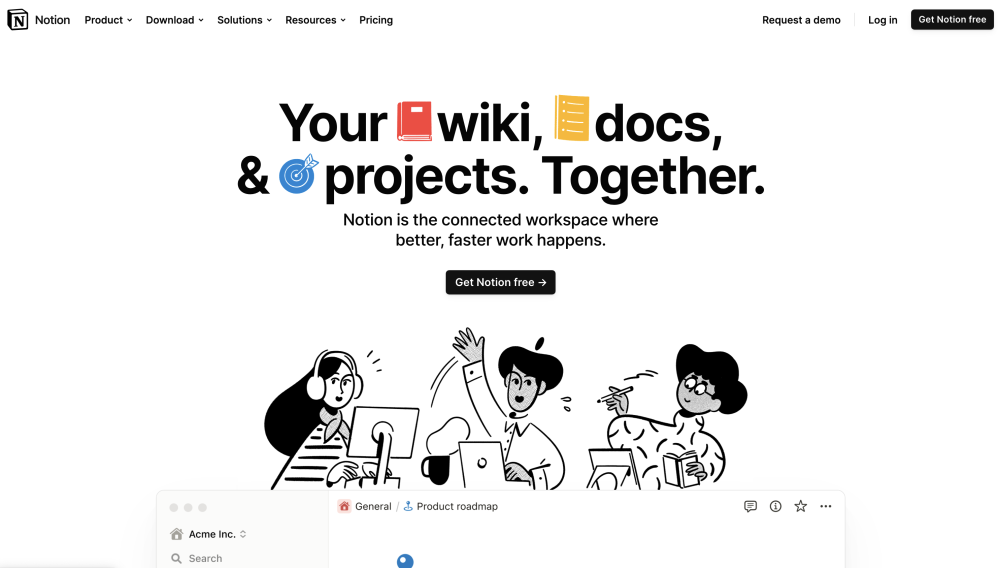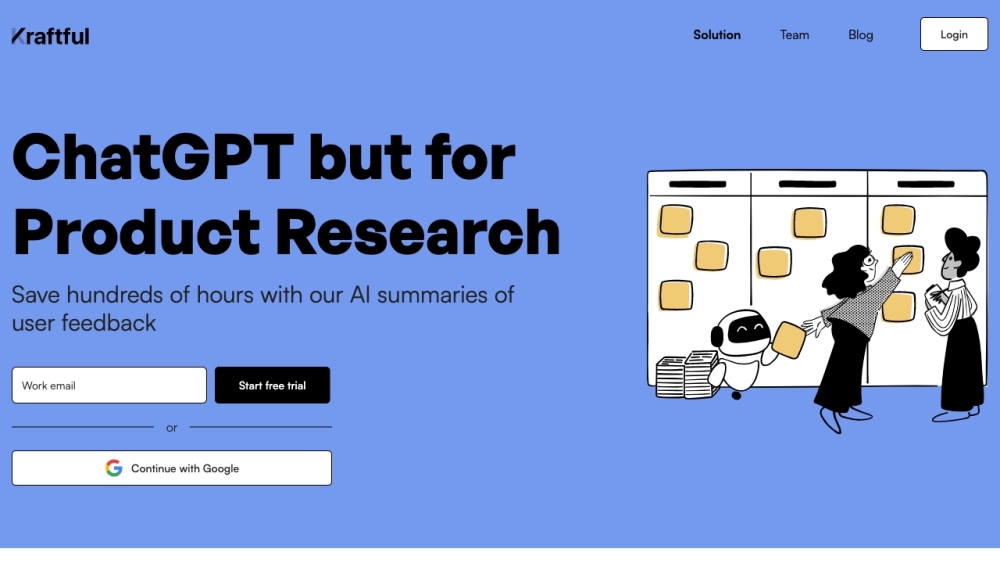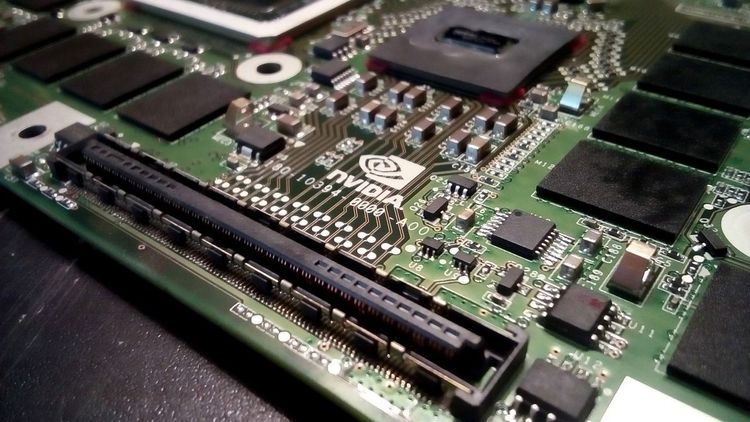As generative AI advances, enterprises may find that basic chatbots are no longer sufficient.
Cloud hyperscalers are rapidly enhancing their databases and tools to enable quick, efficient deployment of operational data, empowering businesses to create intelligent, contextually aware applications.
Are You Ready for AI Agents? A prime example is Google Cloud’s recent updates to its database offerings, beginning with AlloyDB.
In a recent blog post, Google announced that their fully managed PostgreSQL-compatible database now features general availability of the ScaNN (scalable nearest neighbor) vector index. This technology, which underpins Google Search and YouTube, facilitates faster index creation and vector queries while significantly reducing memory consumption.
Moreover, Google has partnered with Aiven to provide managed deployment of AlloyDB and introduced updates for Memorystore for Valkey and Firebase.
Understanding the Value of ScaNN for AlloyDB
Vector databases are essential for powering advanced AI workloads, from RAG chatbots to recommendation systems. They excel at storing and managing vector embeddings (numerical data representations) and conducting similarity searches crucial for targeted applications.
With PostgreSQL being the preferred database among developers worldwide, its vector search extension, pgvector, has gained immense popularity. Google Cloud supports this feature on AlloyDB, utilizing a cutting-edge graph-based algorithm called Hierarchical Navigable Small World (HNSW) for vector operations. However, the performance of HNSW can decline with exceptionally large vector workloads, resulting in application latencies and increased memory usage.
To overcome these challenges, Google Cloud has made the ScaNN vector index available in AlloyDB. This innovative index leverages the same technology as Google Search and YouTube, delivering up to four times faster vector queries and eight times quicker index creation, all while consuming 3-4 times less memory than the standard HNSW index in PostgreSQL.
“The ScaNN index is the first PostgreSQL-compatible index that can scale to support more than one billion vectors while delivering exceptional query performance—enabling high-performance workloads for any enterprise,” stated Andi Gutmans, GM and VP of Engineering for Databases at Google Cloud.
Gutmans also announced that AlloyDB Omni, the downloadable version of AlloyDB, will be available as a managed service through a partnership with Aiven, allowing deployment in any environment, including on-premises or in the cloud.
“Run transactional, analytical, and vector workloads across clouds on a single platform, easily building generative AI applications wherever needed,” he continued.
Enhancements for Memorystore for Valkey and Firebase
Additionally, Google Cloud introduced upgrades for Memorystore for Valkey, its managed cluster for the Valkey in-memory database, and for the Firebase application development platform.
Valkey will now include vector search capabilities, allowing a single instance to perform similarity searches at single-digit millisecond latency on over a billion vectors, achieving more than 99% recall. The next version, Memorystore for Valkey 8.0, is currently in public preview, featuring 2x faster querying compared to Memorystore for Redis Cluster, along with new replication schemes, networking improvements, and enhanced performance visibility.
For Firebase, Google Cloud is set to unveil Data Connect, a backend-as-a-service integrated with a fully managed PostgreSQL database powered by Cloud SQL, which will enter public preview later this year.
With these innovations, Google Cloud aims to provide developers with an extensive suite of infrastructure and database options, paired with robust language models, to create intelligent applications for their organizations. As demand for generative AI applications is projected to rise dramatically, Omdia estimates that the market will expand from $6.2 billion in 2023 to $58.5 billion in 2028, representing a CAGR of 56%.







